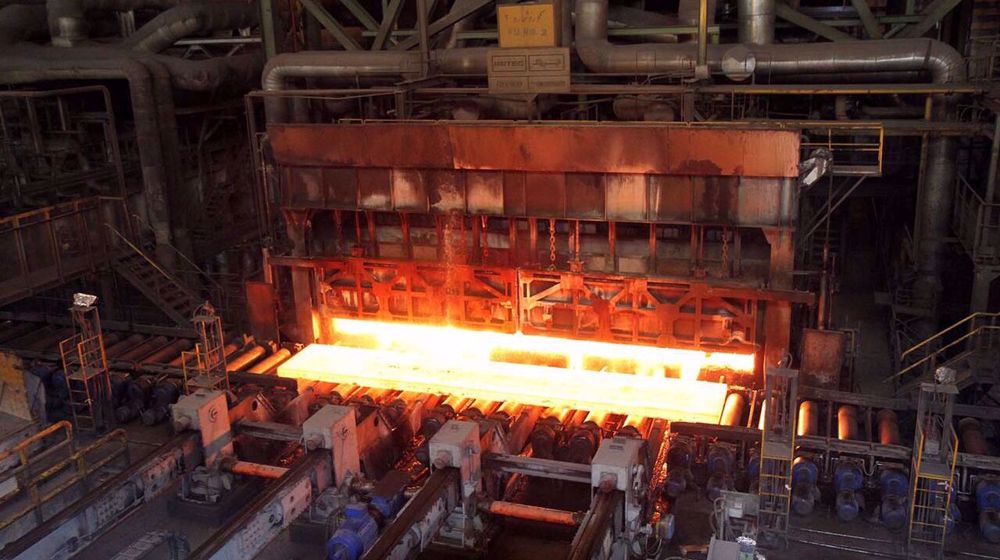Iran waiting for more safety data on AstraZeneca vaccine
A senior Iranian official says using the AstraZeneca vaccines for a national inoculation program against the coronavirus pandemic in the country would depend on more investigations about the shot’s safety.
Mostafa Qanei, a senior official at the Iranian presidency’s science office, said on Thursday that for the time being Iran has no plan to suspend the use of AstraZeneca vaccines over reports the jab has caused blood clots in some people who received it in Europe.
Qanei said, however, that AstraZeneca would be used on a relatively small scale in Iran and mainly for inoculating frontline health workers.
“We would not prevent vaccination (by AstraZeneca) unless data and investigations prove that these side effects have been caused by the vaccine” he said.
The Iranian medical professor said it was possible that rival vaccine developers in Europe and in the US have been manipulating media reports about the side effects of AstraZeneca, a vaccine jointly developed by a Swedish-British company and the University of Oxford.
Iran is expected to receive more than four million doses of AstraZeneca under COVAX, a vaccine initiative sponsored by the world health organization (WHO).
The Iranian government has distanced itself from vaccines developed in the West mainly because of supply issues that are related to US sanctions and also because of safety and trust concerns raised by senior authorities in the country.
A first phase of vaccination program against the coronavirus began in December in Iran using vaccines imported from Russia, China and India. The health ministry aims to inoculate 1.7 million people by the end of the current calendar year later this week before it starts a wider immunization campaign using home-made jabs in late April.
VIDEO | Iran eases the rules for exporting hand-woven carpets
VIDEO | Intl. Day for the Elimination of Violence against Women: A stark reminder of Gaza women
Australia denies ex-Israeli minister Shaked visa
VIDEO | 85% of Yemeni displaced people face daily hunger crisis
US House passes bill targeting charities and pro-Palestine groups
VIDEO | Supporting Gaza genocide
Hezbollah attacks Israeli forces after Lebanese homes blown up
World leaders, states hail ICC arrest warrants for Netanyahu, Gallant











 This makes it easy to access the Press TV website
This makes it easy to access the Press TV website